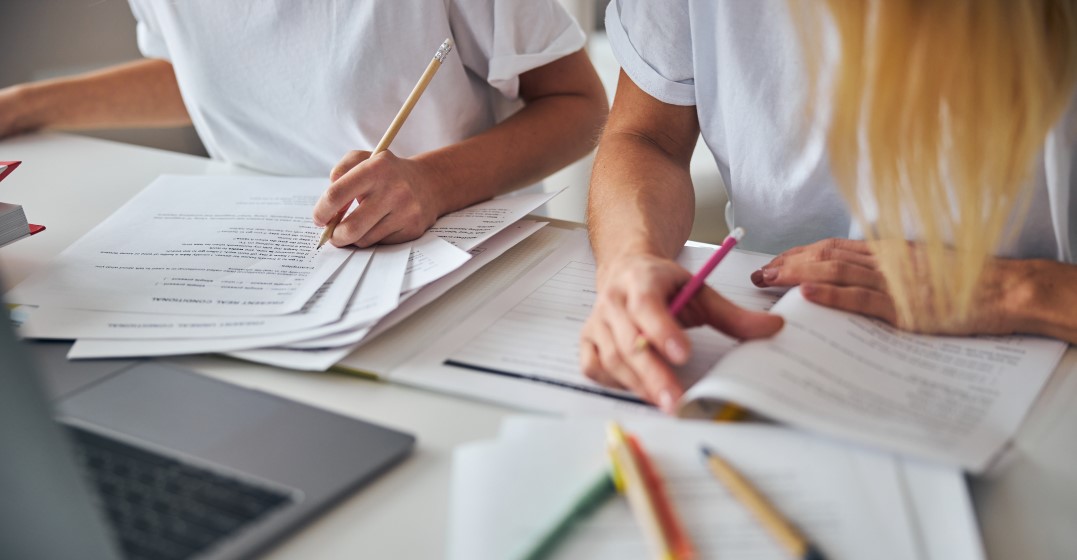The second conditional in English
Published on May 1, 2021 / Updated on November 10, 2022
Do you want to learn how to hypothesise in English? Then you need to use the second conditional! We use the second conditional to talk about hypothetical events in the present or future. We use it to talk about things that are impossible or unlikely to happen.
The second conditional is made of two clauses: the conditional clause and the main or result clause. The structure of a sentence in the second conditional is:
| Conditional clause | Main / result clause |
| If + past simple, | would + verb (infinitive). |
We can change the order of the clauses without changing the meaning. If the main clause comes first in the sentence, we don’t need a comma.
Learners often get confused and think that the second conditional refers to the past because it has the past tense in it. Like we talked about in our modal verb blogs, past tenses in English don’t only refer to the past. We also use past tenses to hypothesise and to be polite. This is why we use past tenses to imagine things in the present or future in the second conditional.
The zero conditional in English
If you like daydreaming about how your present reality could be different, the second conditional is for you! Here are some examples of the second conditional used to imagine in the present.
Notice that if the verb be is in the conditional clause, we should use were, not was after the subjects I and he/she/it. If you are speaking in an informal situation, it’s OK to use was; lots of native speakers do this.
We often use the second conditional to give advice. The structure looks like this:
The structure for imagining the future is exactly the same as for imagining the present.
We use both the first and the second conditional to talk about the future. The first conditional is used when we are talking about things that are likely to happen in the future. The second conditional is for things that are unlikely or impossible.
Sometimes it’s obvious which one we should use. For example, if we’re thinking about winning the lottery, that’s something that’s quite unlikely to happen so we would choose the second conditional.
However, both of these sentences are correct:
In the first sentence, you think it is likely they will be late. Maybe you know they are stuck in traffic, or perhaps they are people who are always late. In the second sentence, you think it’s unlikely they’ll be late. They’re more likely to be your reliable grandparents who always arrive half an hour early to things.
All about the verb “to be” in English
We can replace the past simple with the past continuous in the second conditional. We can also use a continuous verb form in the main clause too.
We can also use other modal verbs instead of would. Could and might are the ones we use most often.
You can learn a lot about someone by asking them questions in the second conditional. Employers often ask these kinds of questions in job interviews too. Here are some examples. How would you answer these questions?
